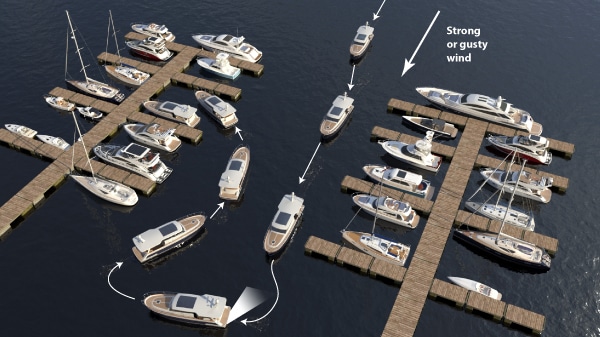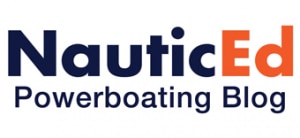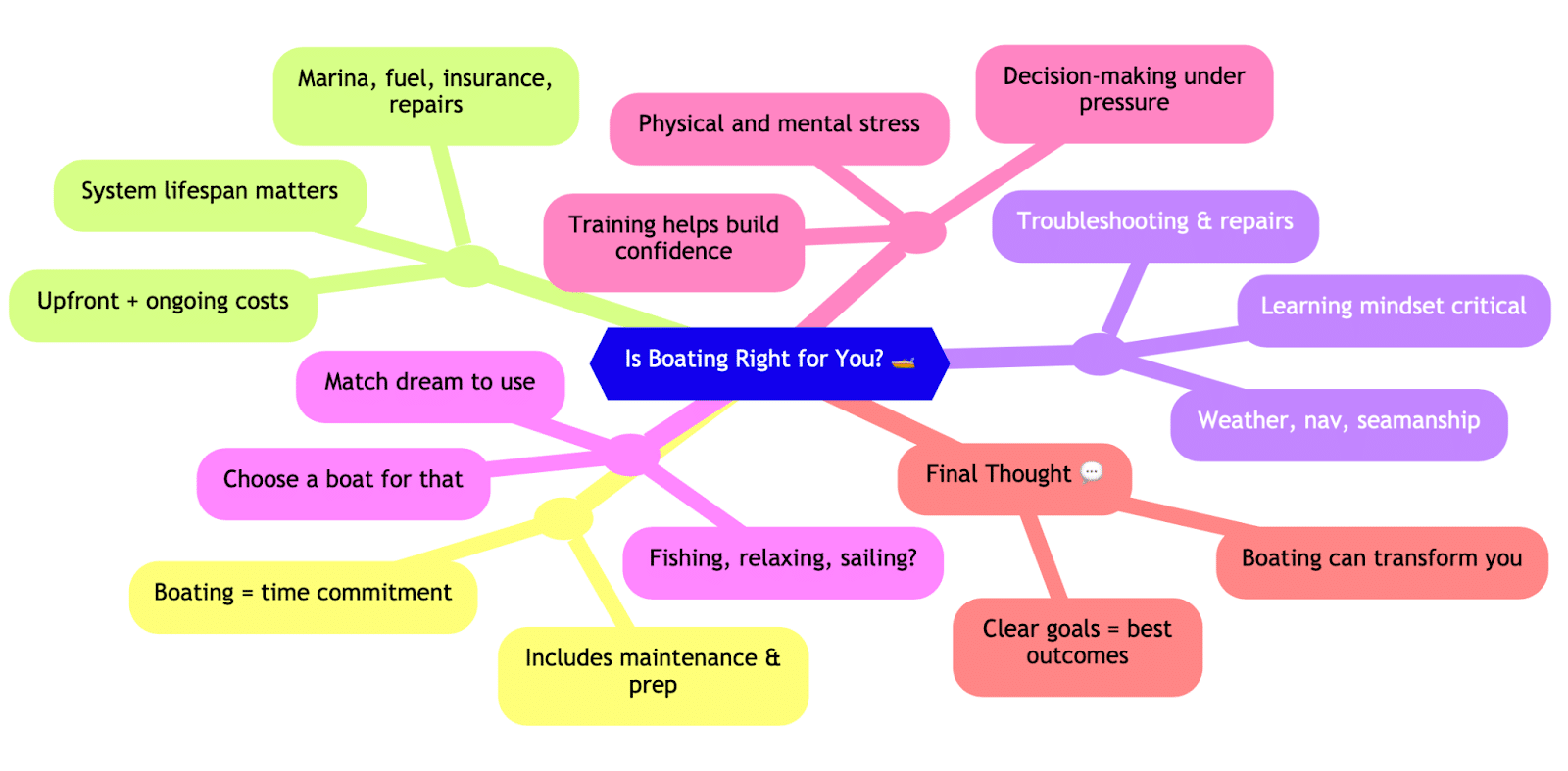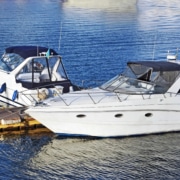Get started with powerboating with NauticEd’s FREE online Navigation Rules for Powerboats, or become a competent powerboater with the Skipper Large Powerboat Course – a comprehensive online powerboating course for beginner to intermediate powerboaters wanting to learn how to operate larger powerboats greater than 26ft. Or upgrade to the Bareboat Charter Master for Powerboats Bundle of online courses to also master multiday and near-coastal powerboating as well as charter powerboats on vacations.
Is Boating Right for You? 5 Questions to Ask Before You Dive In
Boating has a way of attracting a unique crowd. Between sailing and powerboating, you’ll find people with vastly different perspectives. Generally speaking, sailing is often about the journey and the story, while powerboating tends to focus more on having a great time on the water.
But before you take the plunge into boat ownership, ask yourself these five key questions. They’ll help you honestly evaluate whether the boating lifestyle aligns with your expectations, lifestyle, and budget.
1. Do You Have the Time?
Time is one of the biggest reasons people leave boating — and it shows up in more ways than you think.
It’s not just about how often you want to use the boat, but also the time required for maintenance, seasonal prep, and general upkeep. Boating is a commitment. If you’re someone with limited weekends or travel flexibility, ask yourself: how often will I really use this?
2. What’s Your Real Budget (Upfront + Ongoing)?
Yes, boats are expensive — but it’s not the purchase price that gets most people, it’s the long-term costs.
People often focus on what it costs to buy the boat and forget about:
- Marina fees
- Insurance
- Fuel
- Bottom cleaning and paint
- Maintenance and repairs
- Winterization
- Registration
And that’s just the recurring stuff. Boats are made up of independent systems — electrical, mechanical, plumbing — and if one system fails, it often impacts the rest. Used boats can be especially tricky. Components like engines and transmissions have a lifespan measured in hours. If you’re buying a boat with 3,800 hours on the engine and it’s rated for 4,000, expect a big bill sooner than later.
Many first-time owners spend a ton customizing cosmetic features — replacing cushions, redoing woodwork, adding creature comforts — and then find themselves out of money when the real mechanical problems appear.
3. Are You Willing to Learn and Handle Unexpected Challenges?
I lived on a boat for eight years, and when people asked me what it was like, I’d always say: “It’s a learning experience.”Because that’s what boating is.
Unless you have an unlimited budget (and even if you do), you’ll eventually need to learn how to troubleshoot problems on your own. Service businesses are hard to find, often expensive, and usually booked out. And when things break — which they will — it’s rarely a one-and-done fix. Most issues require multiple visits, and that adds up fast.
You’ll also need to learn the fundamentals of boating itself: navigation, weather, seamanship, safety, mechanics. How comfortable are you getting your hands dirty? Are you someone who thrives under pressure? That’s the difference between boating being empowering or overwhelming.
Sure, some people buy a new boat and sell it every two years to avoid all of this — but are you them?
4. What Do You Actually Want to Do on the Water?
Boating is a dream-driven industry. Whether it’s sailing off into the sunset, fishing every weekend, water sports with the kids, or simply relaxing at anchor — there’s a boat for every dream.
But not every boat fits every purpose.
Be brutally honest with yourself: what do you actually want to do on the water? If you mismatch the boat to the experience, you’ll end up frustrated. Buy for your real lifestyle, not the fantasy version.
5. Are You Prepared for the Physical and Mental Demands?
Boating isn’t always easy — it’s physically and mentally demanding.
You’ll be battling the elements: wind, rain, heat, cold. You might face seasickness, fatigue, or the stress of keeping everyone onboard safe. And even if the day is going well, maintaining situational awareness for hours can be exhausting.
Can you stay calm and make good decisions under pressure? Because pressure will come. That’s where training and practice matter — building muscle memory and confidence so that when something does go wrong, you can handle it.
Conclusion
Boating is incredible. I wouldn’t trade my experiences for anything. I’ve become a stronger, more capable person because of it. But it’s not for everyone.
My advice? Be clear about what you want. Do your research. Understand your budget and time commitments. Boating can either give you priceless memories — or it can become a very expensive mistake.
Choose wisely.

Get started with powerboating with NauticEd’s FREE online Navigation Rules for Powerboats, or become a competent powerboater with the Skipper Large Powerboat Course – a comprehensive online powerboating course for beginner to intermediate powerboaters wanting to learn how to operate larger powerboats greater than 26ft. Or upgrade to the Bareboat Charter Master for Powerboats Bundle of online courses to also master multiday and near-coastal powerboating as well as charter powerboats on vacations.








